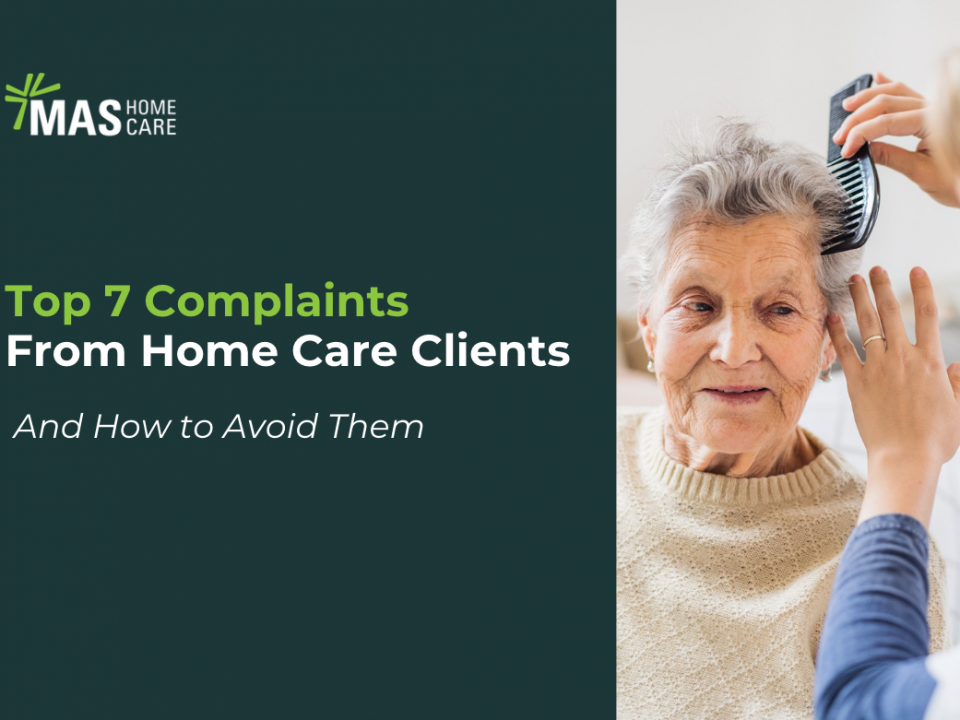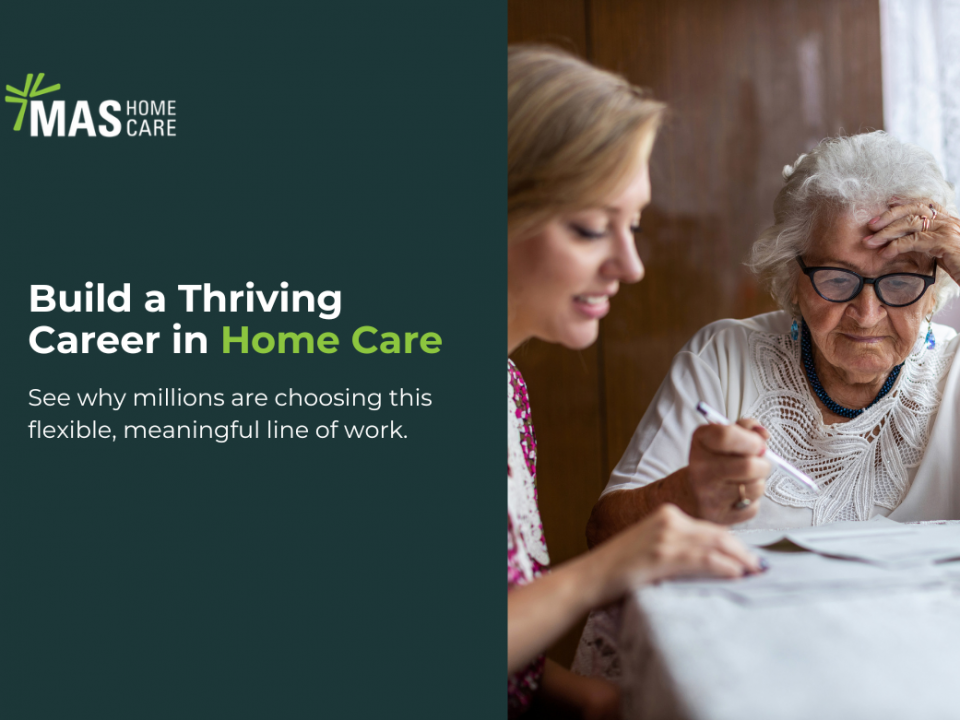Home Care Blog
Evaluate the Possibilities when Choosing Elderly Care for Your Senior Loved One
 Most seniors, who are healthy enough to do so, prefer to stay at home. The main issues that prevent elders from staying home are associated with safety and health risks. The good news is that many new aides are now available to help seniors stay home longer. Consider the following: a home safety evaluation, security and alert systems, expense tracking, and emotional well-being.
Most seniors, who are healthy enough to do so, prefer to stay at home. The main issues that prevent elders from staying home are associated with safety and health risks. The good news is that many new aides are now available to help seniors stay home longer. Consider the following: a home safety evaluation, security and alert systems, expense tracking, and emotional well-being.
Home Safety Evaluation
The kitchen and the bathroom are major hazard areas for seniors. Health care professionals can provide you with sound advice about what areas present difficulties for you or your loved one, and can advise you about where you can seek help to fix hazards. Call a local home health agency or your physician and request a home safety evaluation. Social workers and physical therapists are both excellent resources for helping you identify needs and making a plan for correction. Evaluation should be provided at no charge by a Medicare-certified home health provider in your neighborhood.
Security & Alert Systems
Once the evaluation has taken place, call a local security system vendor to see what options exist for securing you within in your home. Some provide a variety of devices that can alert for intruders as well as detect when you might need help. Laser-based motion sensors, call buttons and other sensors can be combined to help you feel both secure and safe in case you fall or are unable to call for help when you need it. The home health agency provider that performs your safety assessment will have recommendations about who to call about this type help.
Expense Tracking
Keep track of your expenses. There may come a time when the expense of staying in your home outweighs the advantages you experience. If you need daily assistance or a companion to remain with you overnight, you may be approaching a time when it makes more sense to move. One way to know if this is happening is to track the expenses you incur each month. Compare those costs to the moving and residency costs of a retirement facility nearby.
Emotional Well-being
A final consideration is your emotional well-being. Seniors who stay at home and cannot drive become progressively isolated. Retirement communities provide social opportunities that may not be available to those who remain at home and are without a means to travel. If you find you are lonely at home, that is a good enough reason to check out other options. In many cases, you can own your own condo or town home and enjoy the many benefits of a senior lifestyle community without giving up your independence.


